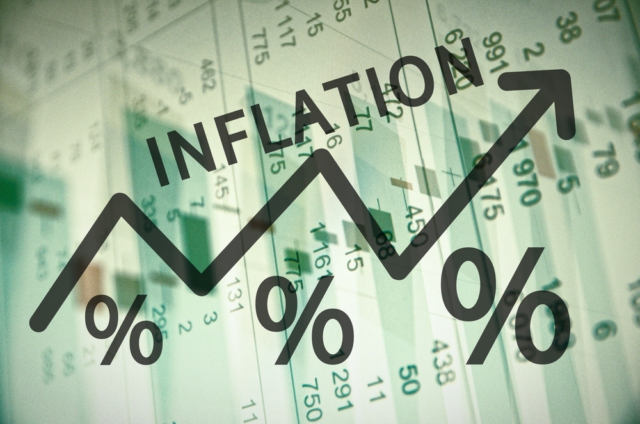Inflation in Ghana, Uganda, and Burundi is expected to accelerate by more than 3 percentage points in 2023 from last year.
This means inflation will stay above 50% this year. Inflation (December 2022) ended the year at 54.1%.
According to the World Bank’s April 2023 Africa Pulse Report, though the rate of inflation is expected to have peaked for most countries in the region, it is not same for Ghana and the two other countries.
It added that average annual inflation forecasts project that about 70% of the countries in the region are expected to have a lower inflation rate in 2023 compared with that in 2022, adding, the median inflation for the group of countries where inflation is expected to have peaked last year drops to 7% in 2023 (from nearly 10% in 2022).
“However, despite the declining inflation rates across many countries in the region, the rates of consumer price growth are still high, above target, and above pre-pandemic levels. In contrast, the rate of inflation in three countries in the region is expected to accelerate by more than 3 percentage points in 2023 from last year, namely, Ghana, Uganda, and Burundi”.
Furthermore, it said cross-country differences in the evolution of external and fiscal balances as well as debt dynamics are also present in countries’ inflation rates.
The country’s inflation rate in 2022 was the highest in Africa.
75% of Sub-Saharan countries registered double digit inflation
“About 75% of the countries in the region registered double-digit year-over-year inflation rates at the end of 2022, with the fastest increases experienced in Zimbabwe, Sudan, Ghana, Rwanda, Sierra Leone, Burundi, Malawi, and Ethiopia”, the World Bank noted.
“Domestic food inflation in Africa has remained sticky in some African countries while it has decelerated in others—although at a much slower pace than the disinflation of food prices in global markets. This might be attributed to currency depreciation—as countries in the region import most of their food staples— as well as high input costs (high oil and natural gas prices affecting transportation and refrigeration, and nitrogenous fertilizers) and extreme weather events (for instance, droughts in the Horn of Africa)”, it pointed out.
The World Bank added that bringing down inflation and anchoring inflation expectations should continue to be a priority for policy makers, to prevent further deterioration of people’s incomes and food security and avert social unrest and conflict
Latest Stories
-
We expect significant reduction in prices of petroleum products in coming weeks – CEO AOMC
6 mins -
Betway Africa offers once-in-a-lifetime ‘Play-on-the-Pitch’ experience at Emirates Stadium
15 mins -
I coined the term ‘hype man’ in Ghana – Merqury Quaye
21 mins -
Vasseur questions ‘strange momentum’ of Formula One race director change
43 mins -
“I am disappointed in Kojo Manuel” – Merqury Quaye on “no tie” comment
43 mins -
Nana Kwame Bediako; The beacon of unity
46 mins -
Western Region: NDC youth wing embarks on phase 2 of ‘retail campaign’
1 hour -
Action Chapel International holds annual Impact Convention in November
1 hour -
Jana Foundation urges young women to take up leadership roles
1 hour -
All set for Joy FM Prayer Summit for Peace 2024
1 hour -
Managing Prediabetes with the Help of a Dietitian
2 hours -
Joy FM listeners criticise Achiase Commanding Officer’s election comment
2 hours -
Legal Aid Commission employees threaten strike over poor working conditions
2 hours -
Ghana ranked 7th globally as biggest beneficiary of World Bank funding
2 hours -
IMF board to disburse $360m to Ghana in December after third review
2 hours

